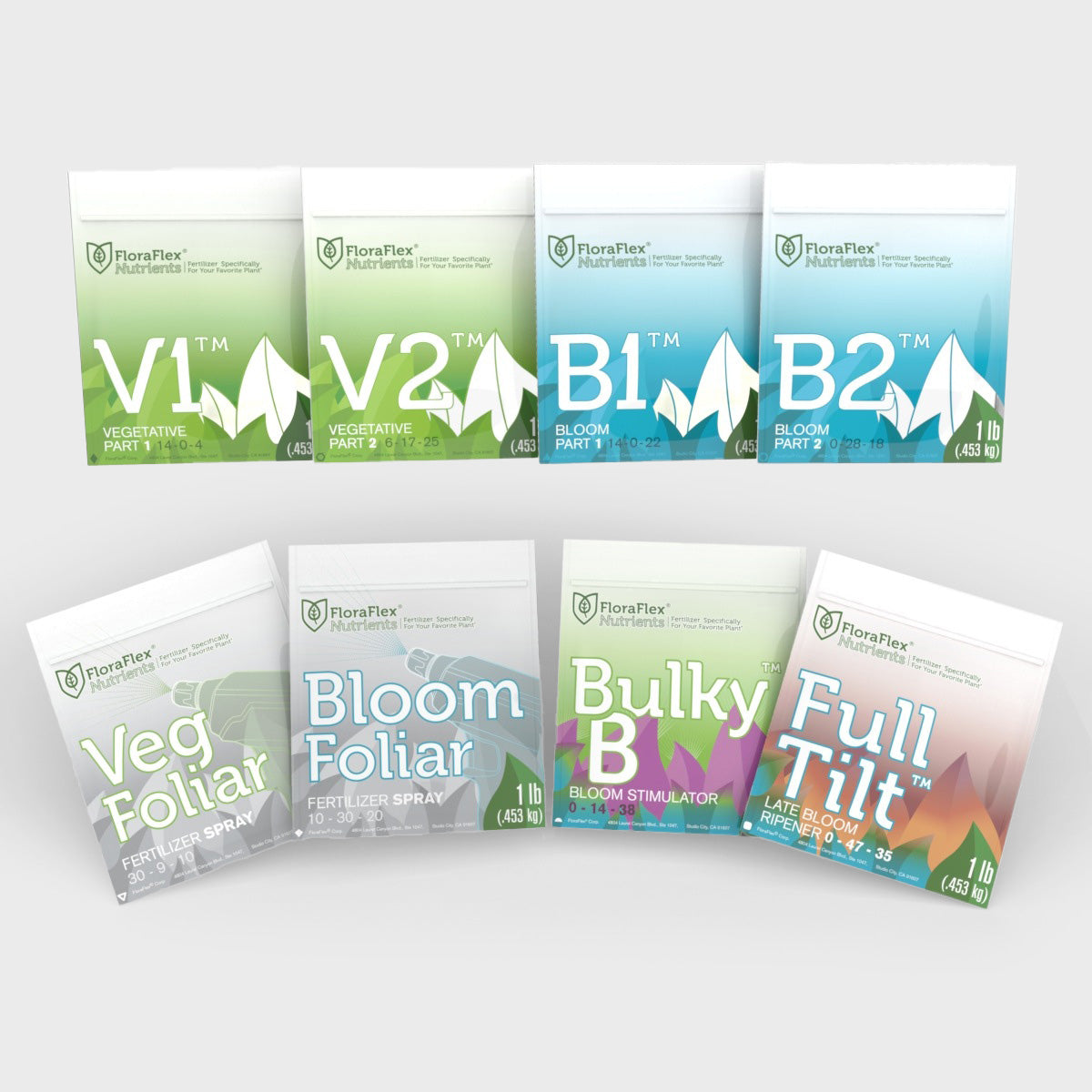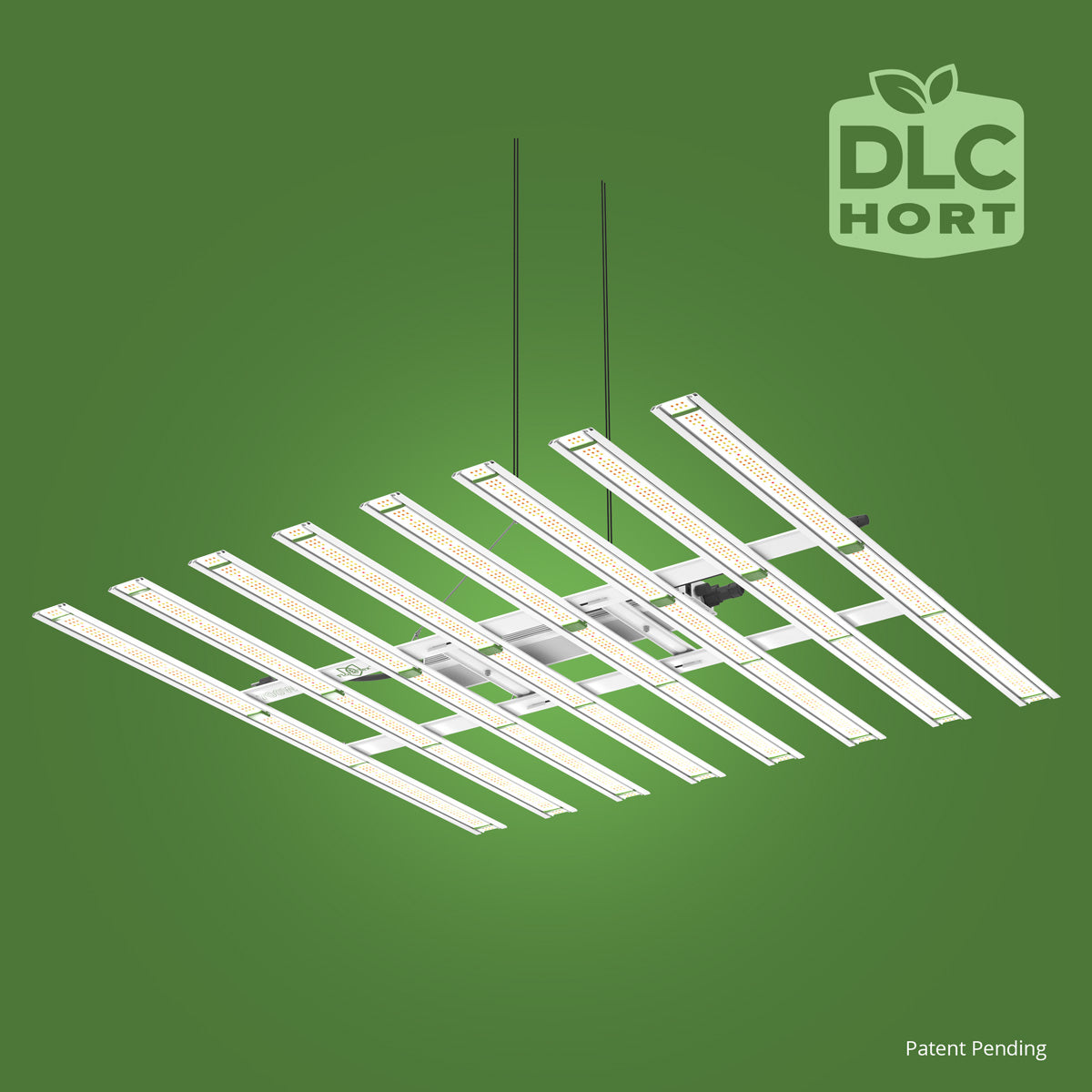Selecting the right pipe for your irrigation system is crucial for ensuring efficient and reliable watering practices. With a variety of pipe materials available, it's essential to understand the benefits, features, and applications of each option. In this comprehensive guide, we will explore the different pipe materials commonly used in irrigation systems. By understanding their strengths and limitations, you can make an informed decision and design a watering system that suits your specific needs. Join us as we navigate the world of irrigation pipes and discover the best choice for your irrigation needs.
PVC (Polyvinyl Chloride) Pipe: PVC pipe is a popular choice for irrigation systems due to its lightweight nature and ease of handling and installation. It is durable, corrosion-resistant, and offers a long lifespan. PVC pipes are suitable for both underground and aboveground applications, making them versatile for residential and commercial irrigation systems.
Polyethylene (PE) Pipe: PE pipe is highly flexible, making it suitable for various irrigation configurations. It is resistant to corrosion, chemicals, and UV radiation, ensuring longevity and durability. PE pipe is commonly used in low-pressure applications such as drip irrigation and micro-irrigation, where precise water delivery to individual plants' root zones is crucial.
Drip Irrigation Tubing: Drip irrigation tubing is specifically designed for drip irrigation systems. It is flexible and easy to manipulate around plants and landscape features. Drip tubing provides precise water delivery to each plant's root zone, minimizing water wastage and promoting water efficiency. These tubes are typically made of durable materials such as polyethylene or polypropylene.
Flexible Irrigation Pipe: Flexible irrigation pipe offers adaptability in challenging terrain or areas with irregular layouts. It allows for easy installation around obstacles and is commonly used in landscaping, gardens, and agricultural applications. Flexible pipe comes in various materials, including PVC, polyethylene, and reinforced rubber, providing options to suit different needs.
HDPE (High-Density Polyethylene) Pipe: HDPE pipe is known for its strength and durability. It is resistant to chemicals, abrasion, and adverse weather conditions, making it suitable for demanding environments. HDPE pipe is commonly used in agricultural and industrial applications, providing longevity and reliability in irrigation systems.
Sprinkler System Piping: Sprinkler system piping is designed specifically for sprinkler irrigation systems. It ensures high water flow capacity to distribute water over larger areas effectively. Common materials used for sprinkler system piping include PVC, polyethylene, or galvanized steel. The choice of material depends on factors such as pressure requirements and the specific application.
Irrigation Pipe Fittings: Irrigation pipe fittings are essential components for connecting and redirecting pipes in your irrigation system. They allow for easy customization and modification of your system, ensuring leak-proof connections and efficient water flow. Pipe fittings are available in various materials, including PVC, polypropylene, or brass, offering versatility and compatibility with different pipe types.
Selecting the best pipe for your irrigation system depends on factors such as the specific application, water pressure requirements, and the environment in which it will be used. Consider factors such as durability, flexibility, resistance to corrosion, and ease of installation. Additionally, evaluate cost-effectiveness and the longevity of the chosen pipe material to ensure long-term reliability.
By understanding the benefits and features of different pipe materials, you can make an informed decision that aligns with your irrigation needs. Remember to consider factors such as flow capacity, pressure requirements, and maintenance when selecting the best pipe for your irrigation system. Choose wisely, and enjoy the efficiency
and reliability of a well-designed irrigation system with the best pipe suited for your specific needs. By selecting the appropriate pipe material, you can ensure efficient water distribution, minimize water loss, and promote the longevity of your irrigation system.
It is important to note that regular maintenance and periodic inspections are crucial for the optimal functioning of your irrigation system. Regularly check for leaks, clogs, or any signs of damage to the pipes and fittings. Timely repairs and replacements will help maintain the efficiency of your irrigation system and prevent water wastage.
Choosing the best pipe for your irrigation system is a critical decision that impacts the overall efficiency and reliability of your watering practices. Consider factors such as pipe material, durability, flexibility, and compatibility with your irrigation system requirements. By understanding the benefits and applications of different pipe options, you can make an informed choice and ensure that your irrigation system delivers water effectively, conserves resources, and promotes healthy plant growth. Invest in the right pipe for your irrigation needs and enjoy the benefits of a well-designed and properly functioning watering system.








